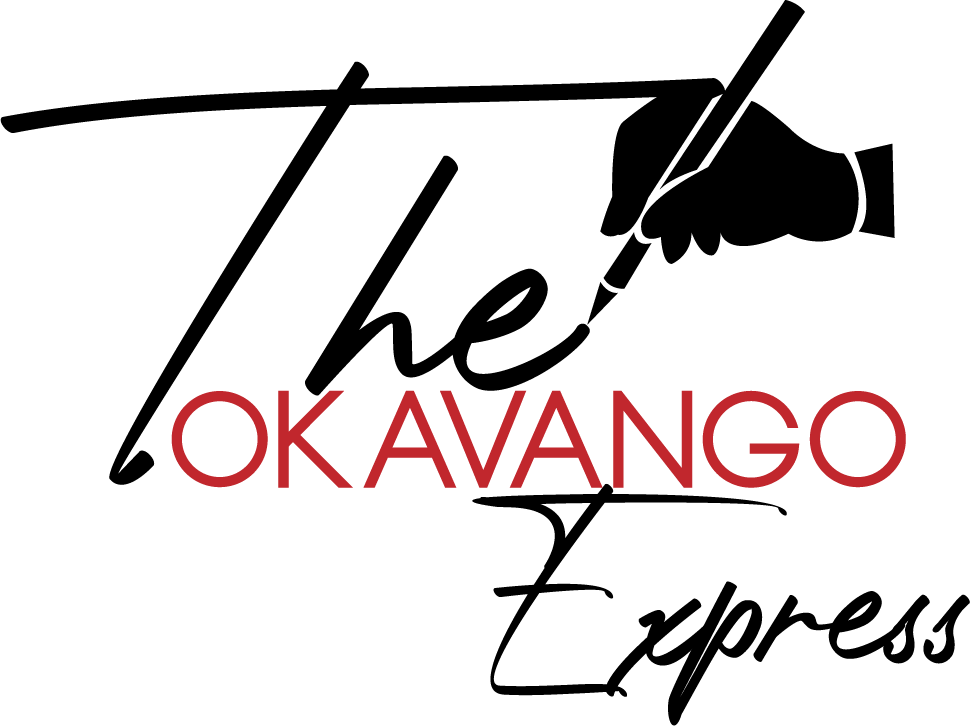Hunting community trusts in Ngamiland have begun to embark on a chain of community projects and conservation projects with the millions sourced from the past international hunting season.
This transpired during a recent review workshop organized by Ngamiland Council of Non-Governmental Organizations under the theme: ‘Becoming shareholders (not stakeholders) in a dynamic and sustainable wildlife economy.’’
In 2014, the Government of Botswana imposed a ban on hunting. Before the moratorium, 75% of revenues for community-based conservation came from hunting (approximately US$ 3 million in 2009 to 2010). The hunting ban was rescinded by Government in 2018, a move that has seen many community emerging from bankruptcy effected by the hunting ban.
This ban severely damaged rural communities, especially those which had depended on the hunting industry for food and livelihoods with many peripheral community trusts where photographic tourism wasn’t as lucrative going bankrupt.
Five community trusts: Mababe Zokotshama Community Trust, Tsau Semboyo Makakung Management Trust, Xhauthwatubi Development Trust, Gwiehaba Community Trust and Tcheku Community Trust reported earning almost a combined P 13 million since Government reinstated hunting. The trust generated the monies through international hunting by selling their quota to hunting safaris. This was despite the impact of the global covid-19 pandemic which affected the sector which brings the hope that hunting has a huge potential for rural development.
As per report presented Mababe Zokotshama led the pack after earning P 5. 3 million from its hunting quota which included: 22 elephants, 15 Zebras, 15 Impalas, 10 baboons, 3 Kudus, 3 elands, 2 wathocks and 5 steenboks.
Mababe reported spending on community projectsincluding: acquisition of a plot to build guest house, campsite renovations, school sponsorships and water pump acquisition, private school training for students in Mababe, installation of electricity and water for the community.
Mababe further reported employing 22 villagers using the funds sourced from hunting.
Second in terms of earnings is Xhauthwatubi Development Trust from Phuduhudu village. Xhauthwatubi Quota comprised of 7 elephants worth P 3.4 million. The trust employed 7 semi- permanent staff and 29 temporary staff from Phuduhudu. Some of the community projects to be undertaken by Xhauthwatubi includebuilding a general dealer and camping site and preschool for children in Phuduhudu.
Gwiehaba Community Trust earned P 2.3 million from selling 7 elephants part of funds which were spent on maintaining the trust offices project that employed 20 casuals for maintenance of trust offices. The trust further reported they have a plan to build a general dealer and hardware in the near future using the funds they make from hunting.
New community trust Tsau Semboyo Makakung (TSM) Management Trust meanwhile was allocated a Quota of 7 elephants which earned P 1.7 Million.
The Community Projects undertaken from this funds include acquisition of Toyota Landcruiser for trust, renovations of the trust offices, employing 8 casual laborers for renovations.
In the near future TSM proposed paving Tsau- Semboyo road, build trust offices and construct a cultural village.
Minister Kereng Addresses the Communities
Addressing communities during their review meeting, Minister of Environment, Natural Resources Conservation and Tourism Philda Kereng welcomed the communities move to hold a review of the past hunting season. She explained that as Government they are also undertaking a similar review to come up with strategies on how hunting could effectively aide governments post covid-19 recovery plan strategies to make the sector efficient.
Minister Kereng also reiterated that as Government they are working on building the capacity of the community trusts so that they could help achieve rural development in the areas where they operate. She said the persistence of poverty in the natural resources rich areas cannot be condoned adding that it is therefore imperative for the trusts to use the monies they make from hunting and other tourism activities to develop their communities and come up with sustainable developments.
‘’ we want to see where the money you make is going. We want to see the contribution of trusts captured in the local and district plans ‘’ Kereng stated.

